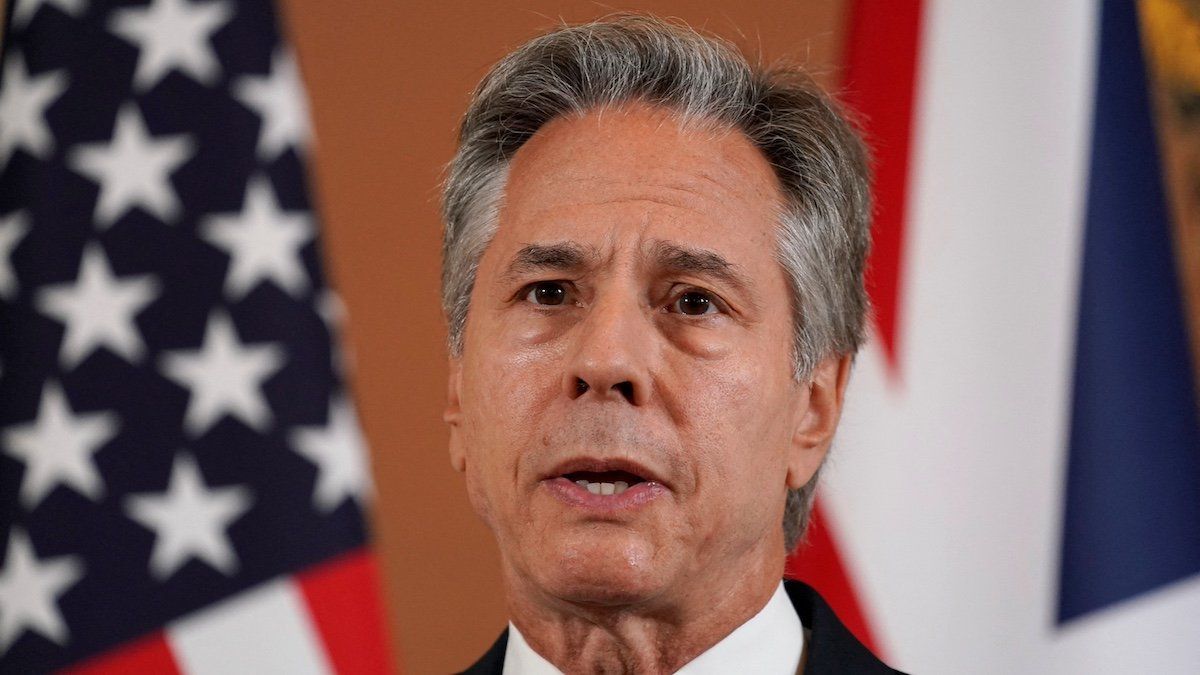Iran and China have found themselves in the crosshairs of accusations from Washington. They stand accused of being Russia’s partners in crime in its ongoing war against Ukraine.
Deputy Secretary of State Kurt Campbell said Tuesday that China is giving Russia “very substantial” support for its war machine in exchange for top-secret Russian submarine and missile technology. Meanwhile, US Secretary of State Antony Blinken and British Foreign Secretary David Lammy accused Iran of supplying Moscow with short-range ballistic missiles and announced new sanctions on both countries, which will also be enforced by France and Germany.
Tehran denies involvement, but the West knows Iran has been sending Moscow so-called “suicide drones,” and ballistic missiles are seen as an escalation. North Korea, meanwhile, has been providing Russia with missiles since at least January, which has brought Moscow and Pyongyang closer, to the chagrin of both Beijing and Washington. Eurasia Group, our parent company, highlighted the growing affinity between Russia, Iran, and North Korea as one of its top risks for 2024.
But the debate around Beijing’s support of Moscow – China also denies supplying Russia for its war effort – has thus far focused on “dual-use” items, such as mechanical components that can be used in drones and missiles.
Campbell’s unambiguous but vague accusation could strain Sino-American ties despite efforts by both sides – US and Chinese military officials just held high-level talks aimed at keeping open channels of communication – to stabilize the relationship. He did not lay out plans for sanctions or other possible reactions to China’s alleged support, but Blinken and Lammy will be in Kyiv tomorrow, and we will be watching how their meetings go in light of the revelations.
